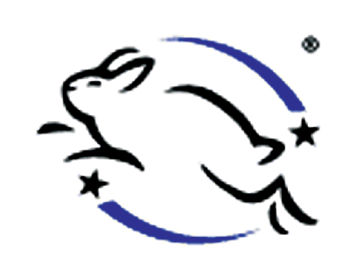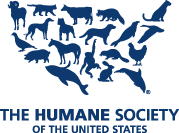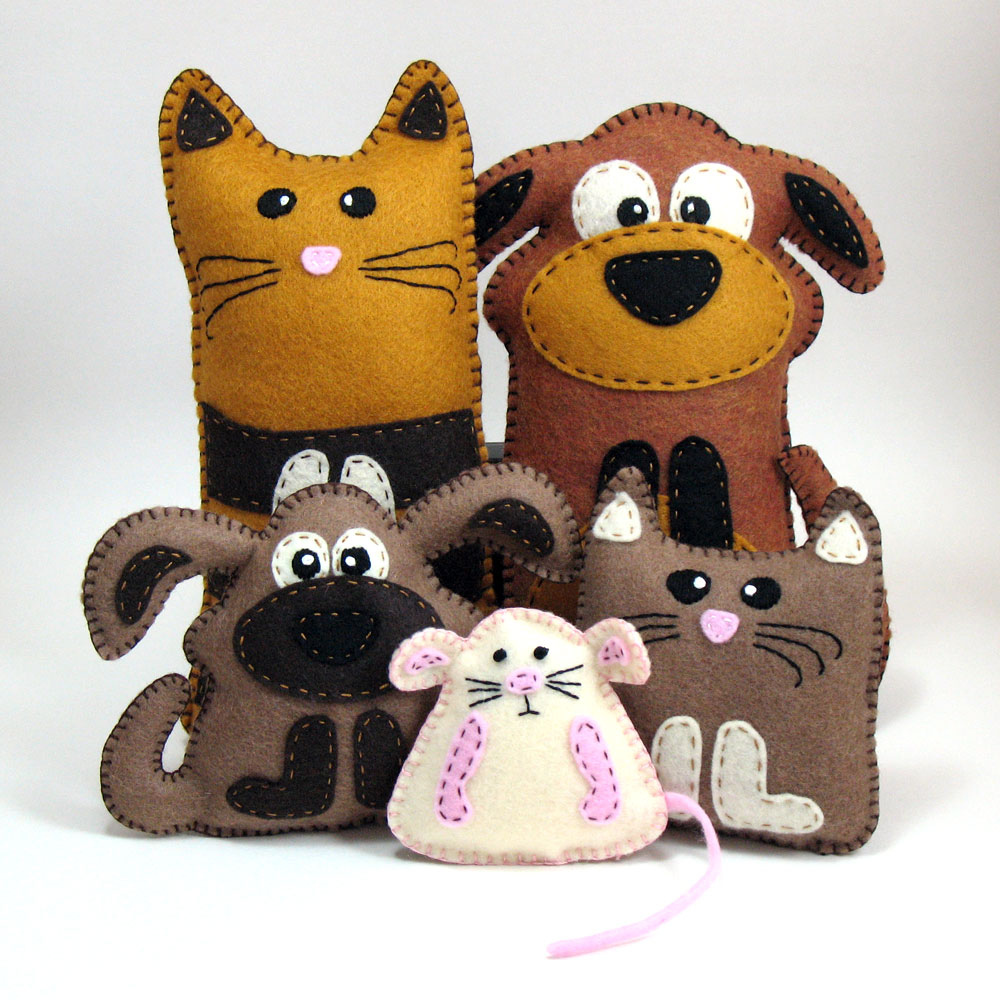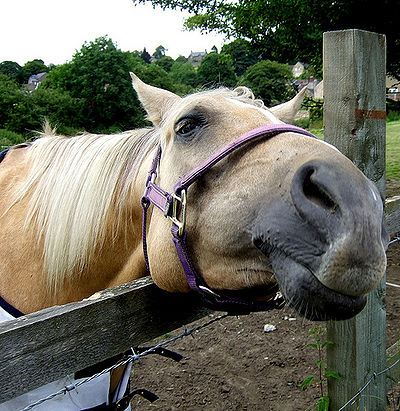
The issue of animal testing is an important one for animal rights activists and pet lovers. What is the issue and what can you do about it?
Product testing
About 10% of all animals used for scientific purposes are used for product testing. Drugs, cosmetics, pesticides, food additives, and other products that might be hazardous to human health and/or the environment are required to be tested prior to marketing. For this reason, millions of animals are used for testing. Animal testing calls into question the ethics of poisoning and abusing animals for human enjoyment. Additionally, testing products on animals in order to determine their safety for humans is not necessarily scientifically sound.
The Humane Society of the United States campaigns against animal testing. It works on a national and global level to promote use of new technologies for testing which doesn’t involve animals. The UK has outlawed animal testing for beauty products, but still allows testing of household products.
Medical testing
Animals are also used for medical tests. Cats are used in neurological research. Primates are used in toxicology tests, studies of AIDS and hepatitis, studies of neurology, behavior and cognition, reproduction, genetics, and xenotransplantation. Dogs are used in biomedical research, cardiology, endocrinology, and bone and joint studies. Mice, rats and other rodents are used for genetics, physiology, toxicology and cancer research.
A widely held view is that achievement of scientific and medical goals using animal testing is desirable, provided that animal suffering and use is minimized. They claims that all significant medical progress has been made through the testing on animals and that other technologies are not yet sufficiently developed to replace animal testing. Animal testing has helped develop vaccines, drugs for HIV and cancer, organ transplant and open-heart surgery technique.
Others disagree, saying that humans have no moral right to inflict pain on animals for their benefit. Although laws regulate treatment of animals during testing, they are often abused and either die during the experiment or are euthanized shortly thereafter. Testing could be conducted on human tissues in a test tube, via computer or through statistics.
What you can do about it
CaringConsumer.com provides a list of companies which do and do not test on animals so that consumers can make informed decisions. When shopping in the supermarket, you can find products which state on their labels that they don’t test on animals. The rabbit has become the symbol for animal test. Companies that don’t test are proud to display rabbits, like the one on this page, or other similar cartoons. By only buying products that don’t do testing, you provide an incentive to companies that do test to stop. Send letters to companies that utilize animal testing, explaining why you won’t be buying their products, may help convince them to change their ways.
As of September 2015, the following cosmetic companies still test their products on animals:
Victoria’s Secret, Revlon, Maybelline, Estee Lauder, TRES emme, Benefit, Almay, Avon, Clinique, Covergirl, Lancome, Mac, CE Collective Evaluation.
External links:
- Animal testing – the facts and the figures – facts and figures for the UK.
- Stop Animal Tests – PETA’s website against animal testing of all kinds.
- The Animal Welfare Information Center – US Department of Agriculture website to provide information for improved animal care and use in research, testing, teaching, and exhibition.
- Humane Research Australia – Australian site informing people of other options.



